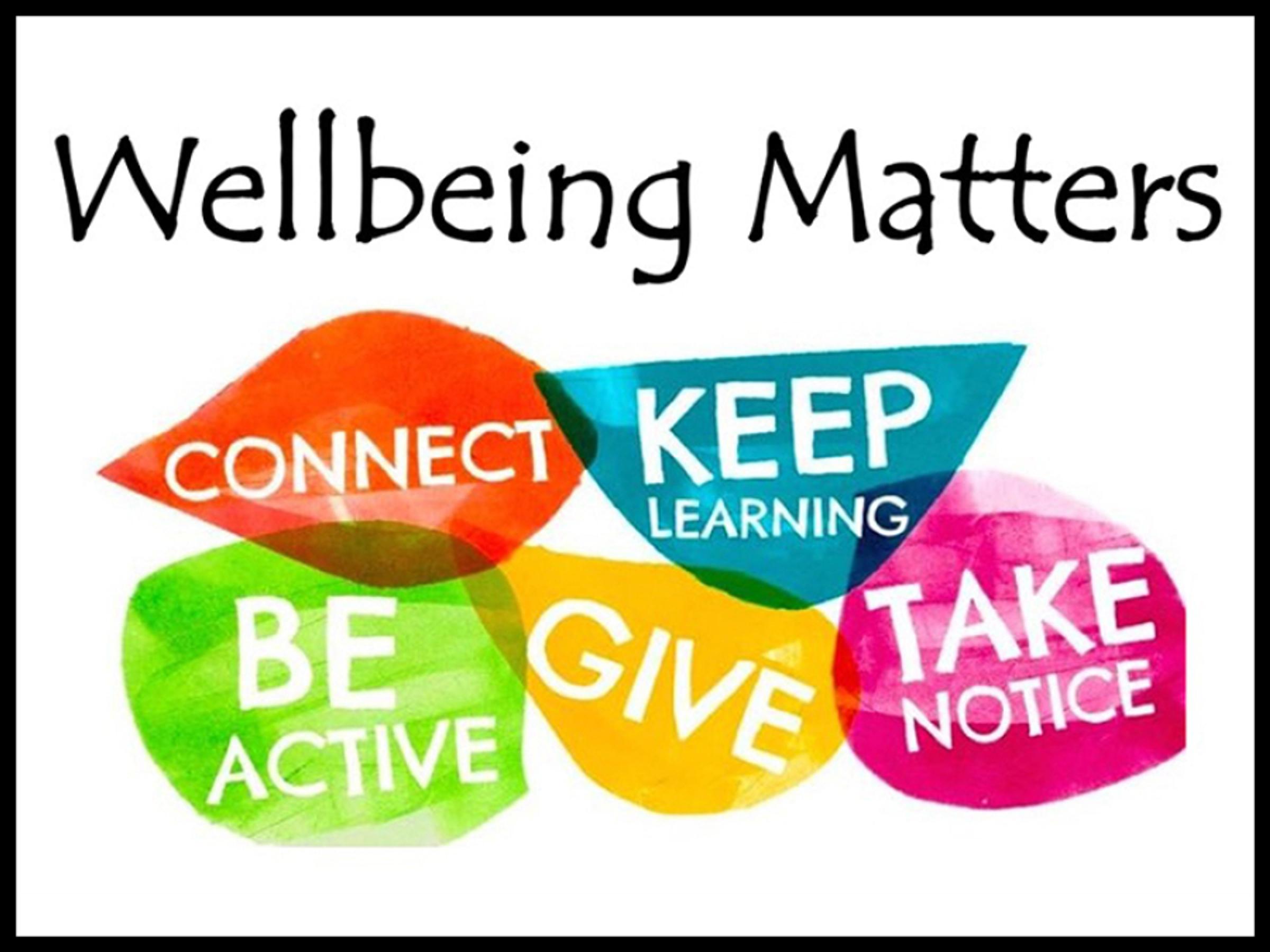Well being: Confidence
15 ways to love your child confidently
CONFIDENCE by Michael Grose
Parents have two things in common. Firstly, every parent experiences some challenges or difficulties at some point raising kids. Whether it’s managing challenging behaviour, keeping a child’s chin up when life doesn’t go their way or helping a young person handle the ups and downs of adolescence – every parent must deal with challenges along the way. Secondly, all parents want their children to thrive and flourish. That means we need to love our kids confidently, rather than protect, pamper and problem-solve for them.
Here are 15 ways to help your kids thrive and potentially reduce the number of parenting challenges you experience along the way:
1. When kids can, let them do
The independence mindset that we promote here at Parenting Ideas means that parents look for as many opportunities as possible to develop self-sufficiency in children. When kids can get themselves out of bed in the morning we allow them to do so. When a toddler can clear their plate and spoon away we encourage them do so. When a teenager can catch a train into the city we allow them to do so, even though we may be uncomfortable about letting go. Self-esteem and confidence is built by kids gaining mastery over their world and doing the little things that we as adults so often do for them.
2. Develop a growth mindset
This generation shouldn’t grow up like past generations thinking that their natural abilities set the tone for the pattern for the rest of our lives. If you think that you’ll never be good at maths/writing/sport/whatever, then you have a fixed mindset. We now know that talent and smarts aren’t fixed – they evolve over time with practice and effort. There’s a lot parents can do to develop a growth mindset in kids. Start by linking your child’s success with effort rather than linking it to natural ability. You want your child to grow up believing that hard work and strategy have as much to with their success in any area as their natural ability.
3. Encourage them to play
Adults are very fond of organising environments for kids to enable learning and maximise their development. Kids’ lives are full of organised after school activities including sports practice, music practice and swimming lessons. There’s not much time for mucking around these days. Self-initiated play, particularly when it occurs outside is great for kids’ confidence. Left to their own devices kids often take risks that would make adults shudder, if only they knew about them. But it’s through risks such as climbing trees, building cubbies and navigating their neighbourhood that kids learn to extend themselves and develop skills that they didn’t know they had.
4. Give them some tough stuff to do
Life in the twenty-first century is comfortable for most us. We’ve eradicated most of the hardship from life so that most kids in developed countries like Australia wake up on a winter morning with a full stomach, a warm house and the prospect of being driven to school. Nothing builds confidence like a deep appreciation for what you have and an understanding that you can put up with some hardship and discomfort. Consider ways you can disrupt deep comfort levels. Maybe they have to do some chores (make their lunch/their bed/feed a younger sibling) in the morning; maybe they should walk to school; maybe they can do without morning tea if they leave it at home. Think of your own ideas to help them feel familiar with discomfort.
5. Make sure they do something that someone else relies on
So what does your child do that someone else relies on? Do they feed the dog? Empty the dishwasher? Help their sibling with homework? Assuming responsibility builds kids’ confidence. We often give responsibility to kids who we know can carry out the responsibilities without a hitch, not the kids who really need it as they sometimes struggle and won’t do it right.
6. Give them psychological space
Sometimes we know too much about our children’s lives. Most times we know if they had breakfast, who their friends are and how their day went at school. All this knowing may keep us in the loop with our kids, but it can also be suffocating for some children. Children benefit when they have some space from their parents’ attention and best intentions. Space gives them the chance to solve their problems in their own way and develop their own resourcefulness, which is a fantastic confidence-builder at any age.
7. Ask them to help you
Nothing displays faith in a child’s abilities like a genuine request for help. Next time you’re about to embark on an activity (cooking, washing the car, loading the washing machine) ask a child to give you a hand. Even better, give the total job to your child if it’s practical and timely to do so. Now that’s what I call a show of faith!
This is part one of Michael Grose's articles. He has wonderful ideas about many things and I think it is helpful for us all to ponder his ideas now and then. I will post the rest of this article next week, but in the meantime you can read more about Michael Grose on his website Parenting Ideas.
Have a great week.
Rikki Winduss
Wellbeing Leader

